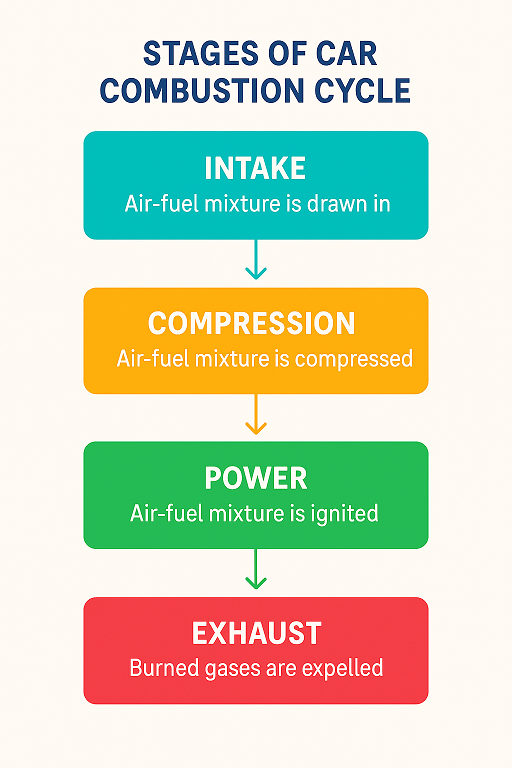Is a higher octane rating petrol necessary for all cars? The answer is a straight no.
A higher octane rating means the fuel is more resistant to engine knocking or pinging, which can damage your engine over time. If your vehicle requires higher-octane fuel, using lower-octane fuel may lead to decreased performance and potentially damage your engine.

Which to Use:
92 Octane: This is typically the standard or “regular” unleaded petrol. It’s usually the most suitable and affordable for most cars with standard engines of lower compression ratios.
95 Octane: Often labeled as “premium” unleaded, this has a higher resistance to knocking than 92. Many modern cars are designed to run optimally on 95 octane fuel, thus offering an ideal balance of cost and performance.
98 Octane: Highest octane rating with a price tag to match. This most expensive petrol provides the greatest resistance to knocking for demanding engines, improves engine efficiency and power output, and is usually recommended for high-performance vehicles or those with high-compression engines, such as sports or luxury cars. That being said, you might not notice a significant performance improvement in a regular vehicle designed for lower octane fuel.
When in doubt, always check your vehicle’s manual to see what type of fuel it recommends.
Check the various petrol prices here.
